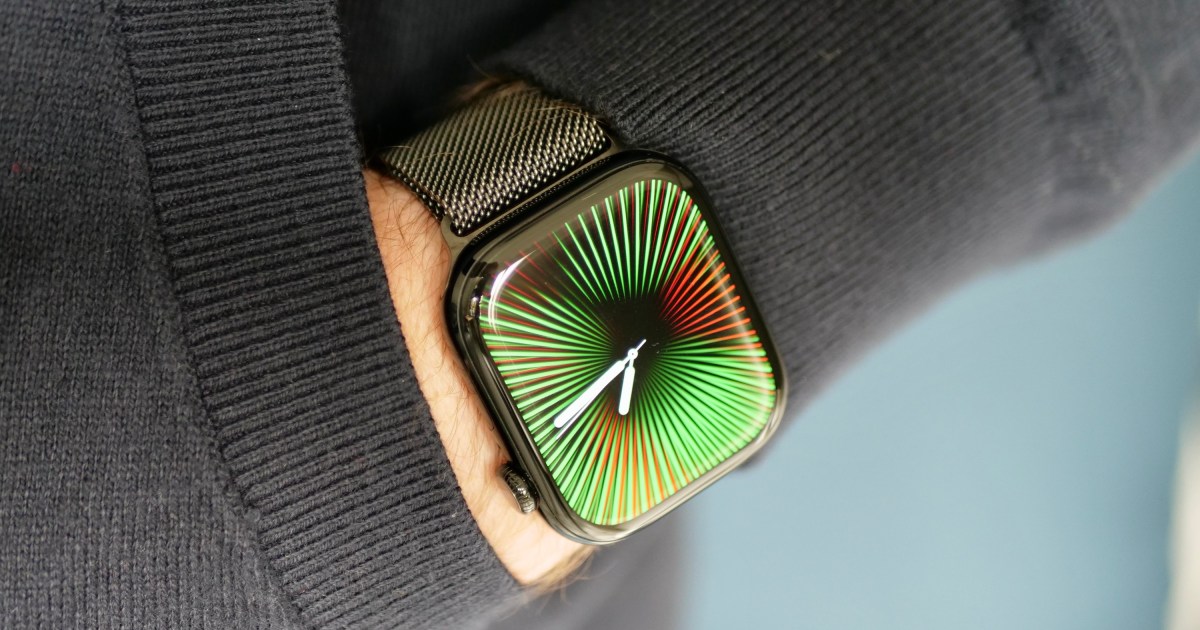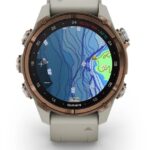Apple has been one of the most transformative companies of our lifetime. Products like the iPhone, the iPad, and the iPod have established or transformed entire segments of the technology market, but the company’s biggest impact could be in health.
Smartwatches and fitness trackers existed long before the first Apple Watch, but Apple’s foray into the health space transformed how we stay in shape. As the popularity of the Apple Watch and iPhone has grown, so has their utility in managing your health, especially as third-party app developers and equipment makers have created new experiences.
However, Apple Health is more than just the Apple Watch, and the latest report from Mark Gurman suggests that Apple is working on a new AI-powered Doctor as part of a revamped Apple Health. Here’s why that could transform your health.
Integrations with every third-party
What do you use to track your health? I use an Apple Watch for many things, but I also have a Fitbit. I use a Dexcom G7 continuous glucose monitor (CGM) for tracking my blood sugar, as well as an Oura Ring or the RingConn Gen 2, and all of these also sync data to Apple Health.
Then, there are the integrations with your medical chart provider, which remains Apple Health’s greatest strength. It’s widely available in the US but limited globally, and it allows you to see all the health data from your medical records directly in the Health app on your iPhone.

I’ve been using the Apple Watch and Apple Health to manage my health since I had a heart attack four years ago. The integration with your health provider and the ability to pull and display your conditions, test results, and medications mean Apple Health can be a single source of truth for a holistic picture of your health.
Aside from a few Android-specific brands, most health products integrate with Apple Health. Many of the best scales can directly sync your latest weight reading to Apple Health, while CGMs, other fitness trackers, smart rings, and medical devices can all add valuable data to your iPhone’s health record.
More accurate than your doctor

AI will inevitably be prevalent throughout every facet of life, but Apple Health’s integration and wide-ranging reach reveal a particular flaw in the current healthcare system.
After my heart attack, I realized that the key problem with the universal way that doctors gather data is that it lacks enough context. If you’ve put weight on since your last visit, your doctor may not dig too deep into it and may say to try and shed a few pounds. However, being able to see your weight over several months can allow your doctor to catch any potential issues early.

The same applies to blood pressure machines and cardiac measuring devices like Kardia Mobile 6-Lead Portable EKG and CGMs. The two big CGM makers allow your doctor to access your blood sugar data directly, which is widely used by most endocrinologists who prescribe CGMs to their patients.
Apple Health has more information than your doctor, but crucially, it’s also far more accurate and relevant. Scales like the Withings Body Scan can track far more than just your weight; they also take EKGs, capture a body scan, and provide granular information about several key health metrics. This data can be integrated into your iPhone and made accessible to AI.
Integration is the key

Apple’s ability to persuade medical institutions and government bodies to embrace technology in the medical industry has been key to the value of the Apple Watch and Apple Health.
Many established medical professions have processes and procedures that require extensive resources to oversee, but Apple — as well as Samsung and Google — have the resources and desire to help effect change. The result is that the Apple Watch has saved many lives, and this integration will be key to an AI-powered doctor.

Imagine being able to ask your iPhone why you have a specific symptom, such as big headaches, fatigue, or dizziness. Your doctor will then ask a few follow-up questions and prescribe something or, in some cases, run further checks. In a few weeks or months, further follow-ups and some of the same questions and tests will need to be repeated.
Now, imagine a world where this is AI-powered and much simpler. AI can constantly monitor the patient in the background and proactively alert the doctor when there’s something to check further. Instead of waiting until you spot a problem, your iPhone can help you and your doctor catch it early and hopefully increase the chances of a full recovery.
Key features I’d like the Apple AI Doctor to have

Second, I think the ideal form for Apple’s AI-powered Doctor is not to replace your existing healthcare provider. Rather, it should enhance how you and your doctor communicate and work together to solve your health. There are few details on what the Apple AI Doctor will do, but having spent extensive time in the medical system as a patient, I can think of a few features that I hope Apple works on.
First, I want to ensure that my doctor can automatically see all the information in the Apple Health app. The weight in my medical record should be an average of my daily recording, not a statistic from an arbitrary moment. My blood pressure, blood glucose, and EKG readings will be far more useful if doctors and consultants can see the data from my Apple Watch.

Second, I want to ask the AI Doctor questions about my health in a conversational tone. The revamped Health app will reportedly also focus on food intake, and as a diabetic, being able to ask an AI about the impact of specific foods, activities, or habits can transform your health over time.
Third, I want Apple to integrate this AI with diabetic apps. By far, my biggest health problem is diabetes. Although it’s under control, and I had more damage to my heart at the time of the heart attack, diabetes is a deadly disease, and I would love to be able to use Apple Health+ as my doctor, who’s available 24/7.

Although I want this to work with all apps, the key feature I’d like at launch is for diabetics, as AI could transform how we self-care. I drive long distances, but I can’t ask Siri about my blood sugar while driving. On long drives, I must be careful that my blood sugar doesn’t crash while driving and that I time any stops to eat to coincide with freeway services. I have to do this manually while driving or before leaving, but I really want to be able to ask how AI when it expects I’ll need to eat.
It’s unclear exactly what Apple’s AI Doctor will be capable of — and whether the company will even launch it — but the potential for an AI Doctor in your pocket at all times could transform how we manage our health. I’m particularly excited to see how this develops as a patient and how I can integrate it into my health.
Read the full article here















